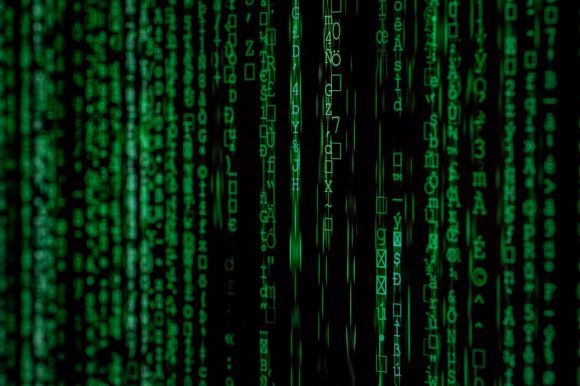In today’s digital age, cybersecurity has become a critical concern for individuals and businesses alike. With the increasing frequency and complexity of cyber attacks, traditional security measures are often proving insufficient in safeguarding sensitive data. However, blockchain technology has emerged as a powerful tool that can enhance cybersecurity in several ways.
Immutable and Transparent Data Storage
One of the key features of blockchain technology is its ability to provide secure and transparent data storage. In a blockchain, data is stored in a decentralized manner across multiple nodes, making it nearly impossible for any single entity to manipulate or tamper with the information. This immutability ensures that once data is recorded on the blockchain, it cannot be altered without the consensus of the network participants. As a result, blockchain technology provides a tamper-proof and transparent method of storing sensitive information, which enhances cybersecurity by eliminating the risk of unauthorized modifications or manipulations.
Decentralization and Distributed Trust
Another way in which blockchain technology enhances cybersecurity is through its decentralized and distributed nature. Traditional cybersecurity measures often rely on a central authority to authenticate and authorize transactions or access to sensitive data. However, this centralization creates a single point of failure, making it vulnerable to attacks. In contrast, blockchain technology operates on a distributed network, where multiple nodes validate and verify transactions, eliminating the need for a central authority. This distributed trust ensures that even if some nodes are compromised, the overall security of the network remains intact. By removing the reliance on a single point of failure, blockchain technology strengthens cybersecurity by providing a more resilient and secure infrastructure.
Smart Contracts and Secure Transactions
Blockchain technology also incorporates the use of smart contracts, which are self-executing contracts with predefined rules and conditions. These contracts are stored on the blockchain and automatically execute when the predetermined conditions are met. By leveraging cryptography and decentralization, smart contracts enable secure and transparent transactions without the need for intermediaries. This eliminates the risk of fraud or manipulation, as the terms of the contract are encoded in the blockchain and cannot be altered. The use of smart contracts enhances cybersecurity by ensuring the integrity and authenticity of transactions, reducing the possibility of unauthorized access or tampering.
Enhanced Identity Management
Identity theft and unauthorized access are major concerns in the digital world. Blockchain technology offers a solution to these issues through enhanced identity management systems. By storing identity information on the blockchain, individuals have control over their own data and can grant access to specific parties on a need-to-know basis. This decentralized approach to identity management reduces the risk of data breaches and unauthorized access, as there is no central repository of sensitive information that can be targeted by hackers. Furthermore, blockchain technology can enable the verification of identities without revealing sensitive information, providing a more secure and privacy-enhancing solution to identity management.
Conclusion: A Safer Digital Future
As cyber threats continue to evolve and become more sophisticated, it is crucial to explore innovative solutions that can enhance cybersecurity. Blockchain technology offers a promising solution by providing secure and transparent data storage, decentralized and distributed trust, secure transactions through smart contracts, and enhanced identity management. By leveraging these features, blockchain technology has the potential to revolutionize cybersecurity and pave the way for a safer digital future.





